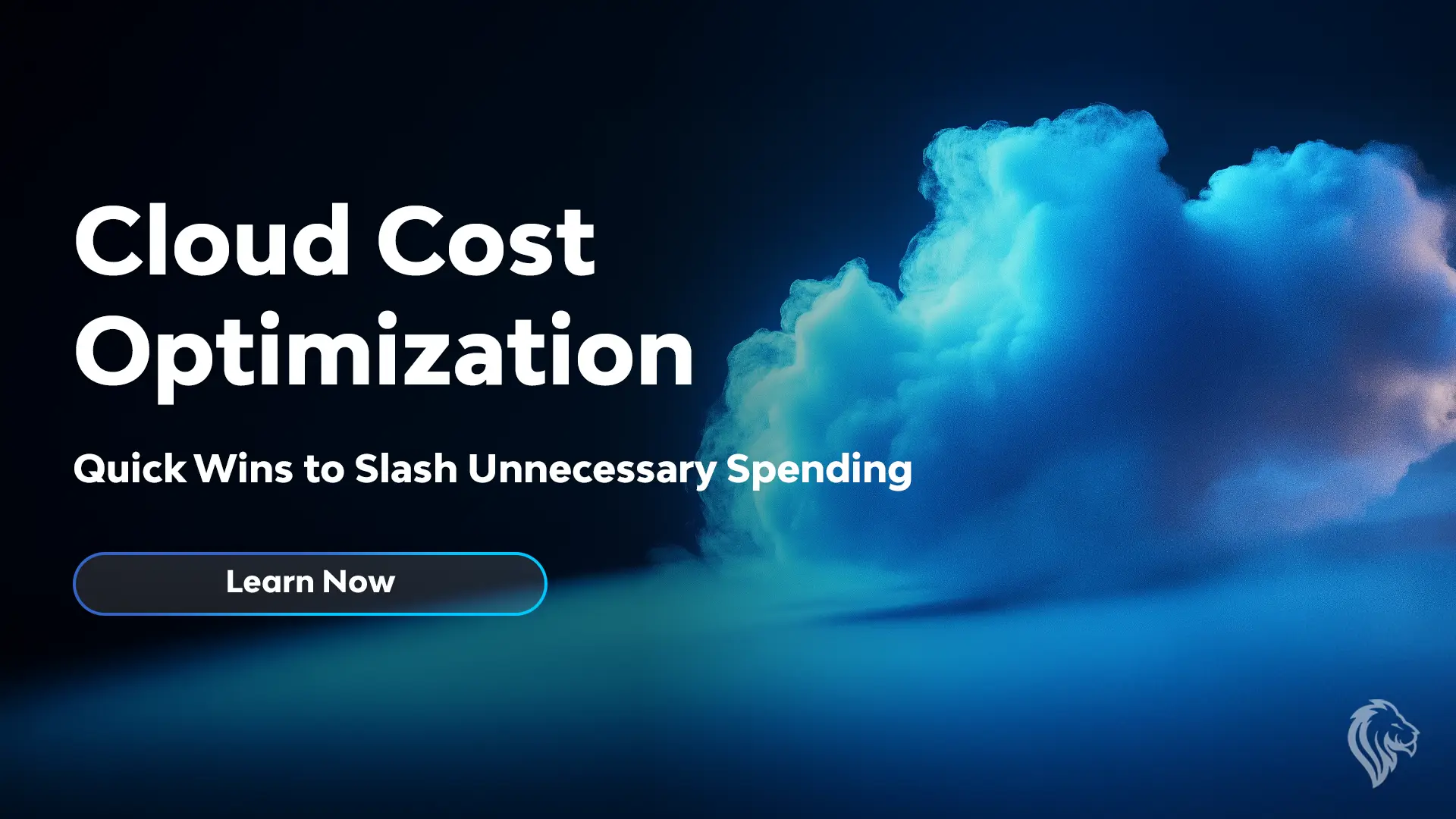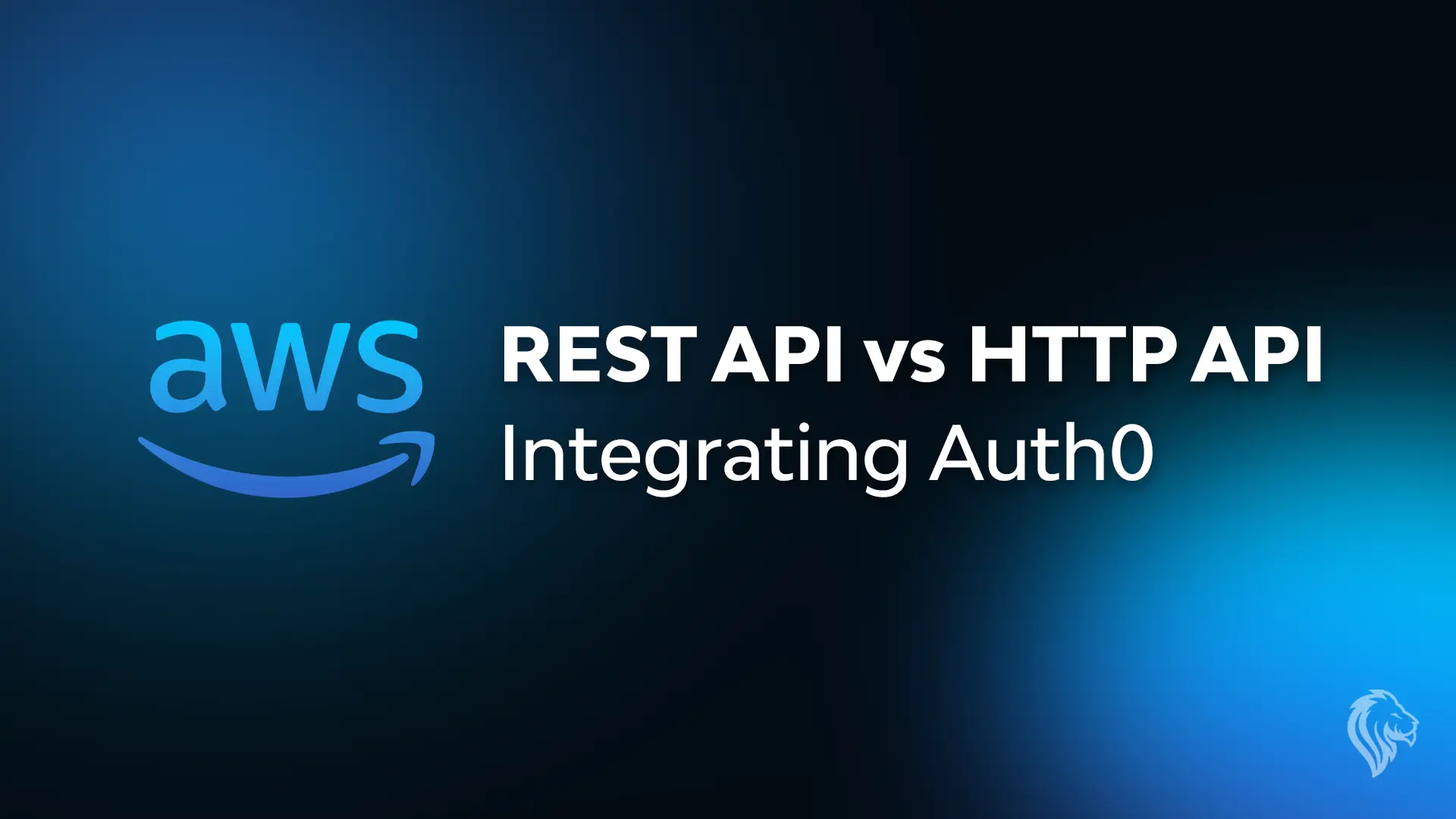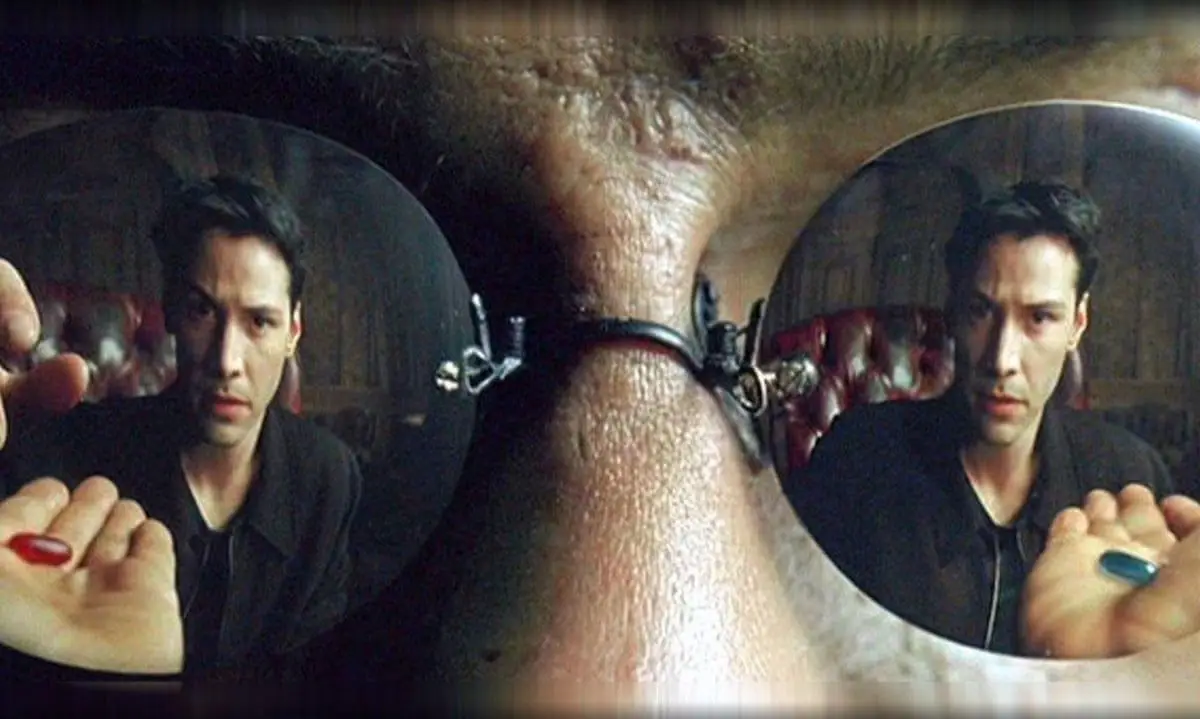For the past 5 years, working remotely has moved from this “utopic” idea into a very palpable and mainstream reality. Combined with the rise of the “Digital Nomad” trend, this lifestyle has been defended more and more as the new norm, often compared with to the “old school, obsolete, control-centred ” ways of working.Although remote working has amazing perks, I feel that the other side of the story is often miss-represented (if represented at all) because, let’s face it, nobody likes to sound old fashioned.
Intro
Let me just start by saying that here @ Cloudoki we’ve not only been working fully remote for the past 6 months, as we’ve always had a pragmatic approach to working remotely, with certain rules. This topic has actually been on my list for a very long time and the Covid19 reality we live in pushed it to the top of my blogging list.
With this I aim to at least raise some awareness about the potential issues of fully or remote-first work environments, always assuming that each case (both company and employee) have completely different dynamics and needs.
With the real risk of sounding corporate or accused of “blowing my own horn”, I invite whoever reads this to research who Cloudoki is, what we do and our approach to culture.
The other side
It’s hard not to envy those remote destination, pool-side laptop pictures we see quite often these days on social media. These people seem to be living the dream, and I don’t doubt they are. But does that mean the company is also fulfilled in the same way according to its goals? If yes, then rock on! But, if it isn’t, shouldn’t this be important too and be brought to the table?
Companies have thankfully and rightfully shifted into an employee-first mindset, specially in the tech industry where the recruitment is insanely competitive, and this is a great thing. Hell, this is the reason we decided to start Cloudoki in the first place. However, I will just bluntly say that employee-first shouldn’t mean employee-only, and that there is nothing wrong with that.
To me, it all starts with defining the benefits and drawbacks of each part of the story, and really challenge the relevance of those. If an advantage has no real drawbacks, then it’s perfect; if it has, we should at least weight those or commit to meeting somewhere in the middle.
The “goods” and “bads” of remote work
Let’s be honest, there are a lot of great things about working remotely. For me the ones that are life changing have to do with either the ability to experience the world from where and when you want to; or being freed from daily commuting, just because you can. If you agree that time is the one thing you can’t buy, maximising doing what you and want where you want it, is the best thing in life.
The list is however, much much bigger.
Now, not as the Devil’s advocate but impersonating the Devil himself, I’ll list a few things that I think can be affected by remote work. I do say “can” deliberately as every person and work is different, but, acknowledging these risks are real means we can’t just ignore them.
Focus & environment quality
Companies are usually expected (rightfully so) to provide the best tools and environment for their employees to work on. Assuming everyone has optimal working conditions all the time, specially when traveling, is being naive.
Where one works from, the surroundings and the comfort can’t simply have shifted from being one of the most important things in your job to being neglectable.
Agility & team communication
Communication is key in team work and even though there are so many ways to reduce distance, often enough, nothing beats good’ol side-by-side problem solving. Just kickstarting a conversation or syncing with a team in remote requires a whole set of tools, notifications and slack mentions everyone misses.
Company culture & work relations
I’m sure everyone knows amazing people they work with and love deeply, even though they work in different places. Although I can 100% relate to that, I also accept that it’s hardly the case most of the times.
Company culture and how everyone relates to each other should not be undermined, in any way. I’m a strong believer that the emotional connection you have to the company and the people in it plays an immense role in your success as a business.For this, you need a classical hangout, even if just ocasional.
Can be an HR nightmare, sometimes
Similar to the “focus & environment quality” topic, we can’t all of a sudden disregard all the great things we’ve learned about people management. Distance can easily be an enemy of awareness, and from an HR perspective, this is hell.
How we try to approach it
As Simon Sinek preaches, we “start with why”. Behind every decision there is an honest try in understanding if something needs to go the A or B way, and further down the road, re-assess again.
Covid19 has been a forced testing ground for a lot of things, and this has been one of them for us. We’ve learned that we can go further with remote work, but we’ve also been left reassured that our approach to proximity and culture is appreciated and valued.
Right now we are still fully remote due to the pandemic, but as soon as it’s responsible to go back to the office, we’ll definitely revisit our old approach and find our new balance, trying to match the benefits of both worlds.I’ll let you know how it went.
Related Articles

Launch Your First Secure SaaS API in 5 Days
Looking to launch a secure SaaS API quickly? Our 5-day API lifecycle fast-track helps star...
Read more
Cloud Cost Optimization: Quick Wins to Slash Unnecessary Spending
Discover quick wins for cloud cost optimization! Learn how to cut unnecessary spending, ri...
Read more
AWS – REST API vs HTTP API – Integrating Auth0
Explore the differences between REST API and HTTP API in AWS and how built-in JWT authenti...
Read more
Reflecting on 2024: A Year of Growth, Innovation, and Milestones
Reflect on 2024 with Cyrex Enterprise! Discover our achievements in software development, ...
Read more


